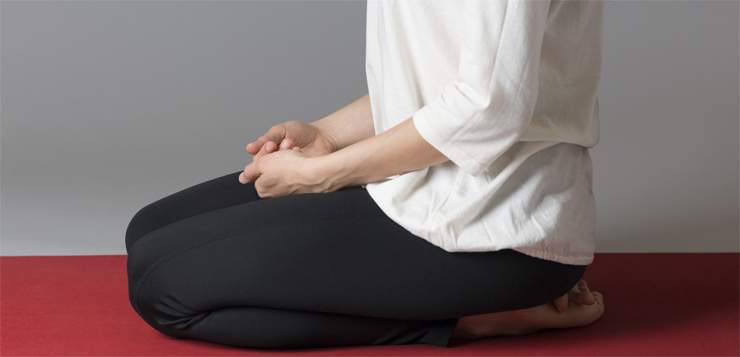Today, Britain declared its intention to become “a mindful nation.”
In Westminster today, the Mindful Nation UK report from the Mindfulness All-Party Parliamentary Group (MAAPG) will be launched. The report is the culmination of several years’ work, initiated by the former member of Parliament Chris Ruane, to bring mindfulness training into British politics: first by introducing politicians to the practice, and then by exploring its relevance to public life, in the form of a Parliamentary inquiry. Along the way, more than a hundred MPs and members of the House of Lords have taken a mindfulness course in Parliament, and hundreds more witnesses—researchers, teachers, public policy makers and course participants—have contributed to the MAPPG’s inquiry.
The Mindful Nation UK report examines the role that mindfulness could play in areas of public policy, such as health, education, the workplace and criminal justice, as well as looking at how the training can be offered with integrity in these fields. In his foreword, Jon Kabat-Zinn says the report:
“May be a singular and defining document…addressing some of the most pressing problems of society at their very root—at the level of the human mind and heart.”
Kabat-Zinn also suggests that the report can be “an inspiration and model for other nations and governments” seeking to meet similar challenges.
The All-Party Group’s recommendations are practical, based on a summary of existing evidence for mindfulness.
In health, it recommends expanding the opportunity for people who experience recurrent depression to take a course of Mindfulness-Based Cognitive Therapy (MBCT), as well as funding the training of competent teachers to deliver those courses.
In education, it recommends designating schools to pioneer the further development of mindfulness training for teachers and young people.
In the workplace, it urges government departments to take a lead by training their own staff in mindfulness, and encouraging examples of best practice and quality research.
And in the criminal justice system, it invites consideration to be given to offering mindfulness training to offenders with depression.
In recommending this training, the MAAPG is blazing a trail: this is the first time that mindfulness has been seriously considered by a modern Western Parliament as a basis for national policy.
Perhaps as important as the recommendations themselves is the very existence of this report. One of the barriers mindfulness has faced in mainstream settings is its image as an other-worldly, alternative, or impractical approach. I can think of few better ways of cutting through preconceptions than pointing to the commitment made by politicians to it—both by giving their energy to it as a practice, and agreeing to back it as a policy initiative.
According to the co-chairs of the MAAPG, Tim Loughton and Jess Morden:
“We have been impressed by the quality and range of evidence for the benefits of mindfulness and believe it has the potential to help many people to better health and flourishing…this is a reason for government to take notice and we urge serious consideration of our report.”
When we train ourselves to direct awareness to experience with openness, curiosity, and care, we gradually learn to manage thoughts, feelings, and behaviors more skillfully. Wisdom, resilience, and compassion are cultivated. Whatever problems we face, whether individually or collectively, aren’t we more likely to manage them well if we can train our ability to meet them mindfully?
In recommending this training, the MAAPG is blazing a trail: this is the first time that mindfulness has been seriously considered by a modern Western Parliament as a basis for national policy.
It shows how far we have come in the mainstreaming of mindfulness in just a few short years. Of course, there are many questions left unanswered. Much work remains in learning how mindfulness training can best be shared in different settings and with different groups. We also must continue to find ways to make mindfulness courses accessible to wider audiences, to build up the base of evidence for the effectiveness of mindfulness, and to increase the number of teachers qualified and available to teach courses. For now, though, this seems as good a time as any to pause, breathe, and celebrate the moment.
You can read a copy of the Mindful Nation UK report here…







